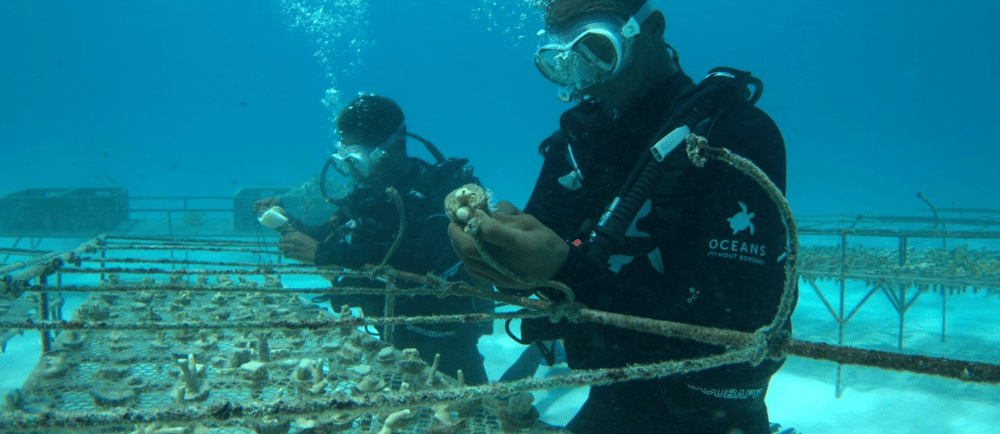Eco-Conscious Travellers Are Changing the World
Travel can be more than movement from one place to another—it can be a force for good. Around the globe, eco-conscious travellers are choosing to journey in ways that not only minimize harm but actively create positive impact. From regenerating coral reefs to preserving cultural heritage, these pioneers of mindful travel are proving that wanderlust and responsibility can go hand in hand.
ECO-TRAVEL IMPACT
Michel Eganya
8/24/20252 min read


Regenerating Nature
On the shores of Zanzibar, at Mnemba Island Lodge, travellers are directly supporting the restoration of fragile coral ecosystems. Guests witness how their stay contributes to more than 7,000 coral transplants and six artificial reefs in just three years. A portion of the lodge’s revenue flows back to nearby villages, funding schools and healthcare. Here, luxury is not indulgence—it is regeneration, where each visitor leaves the reef stronger than they found it.
Empowering Communities
In Jordan, initiatives like the Meaningful Travel Map are connecting travellers with hundreds of local organisations, ensuring that the value of tourism spreads far beyond iconic sites like Petra. Travellers are eating in family-run restaurants, staying in community guesthouses, and helping sustain cultural heritage.
Across southern Africa, Impact Safaris invite guests to go beyond wildlife viewing—building schools, planting trees, and supporting anti-poaching units alongside local communities. Even digital nomads are joining the movement: in Cabo Verde, they are leading workshops in web development and marketing for local youth, leaving skills and opportunities behind.
Preserving Culture
Indigenous-led tourism is reshaping how travel preserves heritage. In Ecuador’s Amazon, the Achuar people operate a network of community-owned ecolodges across 100,000 hectares of rainforest. Here, travellers sleep in lodges built and run by Indigenous families, with revenue funding biodiversity protection and local livelihoods.
In Papua New Guinea, Indigenous Kokoda Adventures takes visitors along the historic Kokoda Track. Guests live alongside villagers, learn traditional foods, and hear stories passed down for generations. The company is 100% Indigenous-owned, ensuring that every dollar supports cultural preservation and local pride.
Rethinking Carbon
Eco-conscious travellers are also addressing their carbon footprint. Slow travel—by train, bicycle, or long stays instead of short flights—is gaining momentum. Tour operator G Adventures has planted over 3.8 million trees worldwide through its “Trees for Days” program, restoring ecosystems and creating jobs. Travellers are not just offsetting emissions; they are investing in the future of the planet.
Travel as a Force for Good
These stories prove that travel, when approached consciously, enriches rather than exploits. It restores coral reefs, uplifts villages, empowers Indigenous communities, and tackles climate change. The conscious traveller is not simply a guest—they are a partner in regeneration.
By choosing journeys that heal rather than harm, we can transform tourism into one of the greatest tools for environmental and social change. The world doesn’t need more travellers. It needs more conscious travellers.
Sources & References
Tourism Cares – Meaningful Travel Map
andBeyond Mnemba Island Lodge – Coral Reef Restoration
African Bush Camps Foundation – Impact Safaris
Cabo Verde Digital Nomads – Community Impact
Kapawi Community Ecotourism Cluster (Achuar People, Ecuador)
Indigenous Kokoda Adventures – Papua New Guinea
G Adventures – “Trees for Days” Reforestation Program


Show us your support by Buying us a coffee here:
© 2025. All rights reserved, EIR Resorts


Follow us on:
EIR is a regenerative hospitality brand built around people, nature and long-term stewardship.
We build slowly, with care and intention.
Explore
